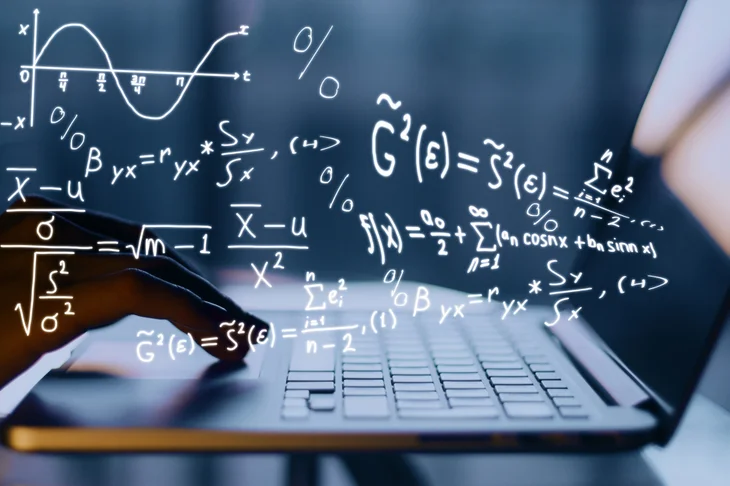Physics (multilingual education)

Educational program code
6В01511
Language of instruction
Kazakh, Russian, English
Learning level
Undergraduate
Duration of study
4 year
Specialized subjects
Mathemathics
Physics
Objectives of the educational program
- Formation of students' theoretical knowledge and practical skills in the field of physics in the context of updated educational content in order to meet the regional needs of the economy and society;
- Improving future bachelors' skills in critical thinking, creativity, communication, design thinking, teamwork, financial literacy, awareness and responsibility, resistance to the stress of uncertainty, positive thinking for solving problems of interpersonal and intercultural interaction.
- Academic writing
- Educational management and digitalization
- Higher mathematics 1
- Higher mathematics 2
- Inclusive education
- Criteria-based assessment technologies
- Physiology of development of schoolchildren
- School physics experiments
- Pedagogy
- Introduction to the Teaching Profession
- Theory and methodology of educational work
- Virtual laboratory workshop in physics
- Basics of project activities for students in physics
- Mathematical modeling of physical and mechanical processes
- Methodological basis for solving physical problems 1
- Methodological basis for solving physical problems 2
- Methods of teaching physics
- Astronomy
- Physics of the atom and atomic nucleus
- Practice speaking and writing (level 2)
- BIA level B2
- Physics of systems with a large number of particles
- Physics of ionic crystals
- Quantum mechanics
- Classical and relativistic electrodynamics
- Classical mechanics
- Solid state physics
- School astronomy course
- Mechanics
- Basic laws of mechanics
- Molecular physics
- Basic laws of molecular physics
- Optics
- Basic laws of optics
- Radioelectronics
- Basics of radio electronics
- Statistical physics and fundamentals of physical kinetics
- Theoretical mechanics
- Wave mechanics
- Electricity and magnetism
- Basic laws of electricity and magnetism
- Electrodynamics
- Physics of the nucleus and concentrated media
Learning outcomes and competencies
- Reproduce knowledge from the fields of economics and law, the basics of anti-corruption activities, ecology and the basics of life safety, as well as the skills of entrepreneurship, leadership, receptivity to innovation, inclusive education to build a successful own professional activity;
- Apply languages for academic professional purposes, intercultural communication and academic writing to implement the policy of trilingual education in the field of physics and scientific research;
- Apply a system of theoretical subject knowledge, skills and abilities in professional activities;
- Demonstrate knowledge in disciplines of subject training in physics for their application in solving physical problems;
- Apply the necessary knowledge and understanding of facts, phenomena, theories and complex dependencies between them in the disciplines of subject training for their application in solving various physical problems;
- Possess professional-subject terminology in all aspects of speech and communication activities; possess a system of ideas about the role of the teaching profession in modern society in the conditions of updated education;
- Apply information and communication technologies in professional activities; understand knowledge of the principles and culture of academic integrity;
- Has a creative approach and has the skills to use methods and techniques for solving Olympiad problems in physics provided for in the school curriculum;
- Design and implement educational work in an inclusive educational environment, taking into account the age-related anatomical and physiological characteristics of schoolchildren to create unique teaching and educational strategies;